Elizabeth Fazzare: What’s the most important piece of advice you’ve gotten for being on stage?
Miles Greenberg: Robert Wilson once taught me to picture that the back of your neck, right beneath your skull, is like the string of a bow; then, imagine pulling it tight with an invisible arrow aimed straight at the audience. Maintain that level of tension with them. I love that image and I use it all the time.
EF: Is there a difference between you and your stage self?
MG: I never felt like there was much of a distinction. I get very introspective when I perform. When I’m onstage, I feel even closer to myself than I feel when I’m alone.
EF: Attention spans are declining—research found supportive data in Denmark—how does the attention economy affect the way you think about performance? How can performance be part of healing this deficit?
MG: Duration has always been my answer to this. I personally have an extremely short attention span. I tend to feel awkward watching something in a gallery for 45 minutes or sitting in a theater for two hours.
If a piece is running for seven, 12 or 24 consecutive hours, you aren’t expected to watch it linearly because you literally can’t. It gives the audience agency over their own viewership—there’s no beginning or end. In my experience, when you give the audience agency, they tend to be very receptive.
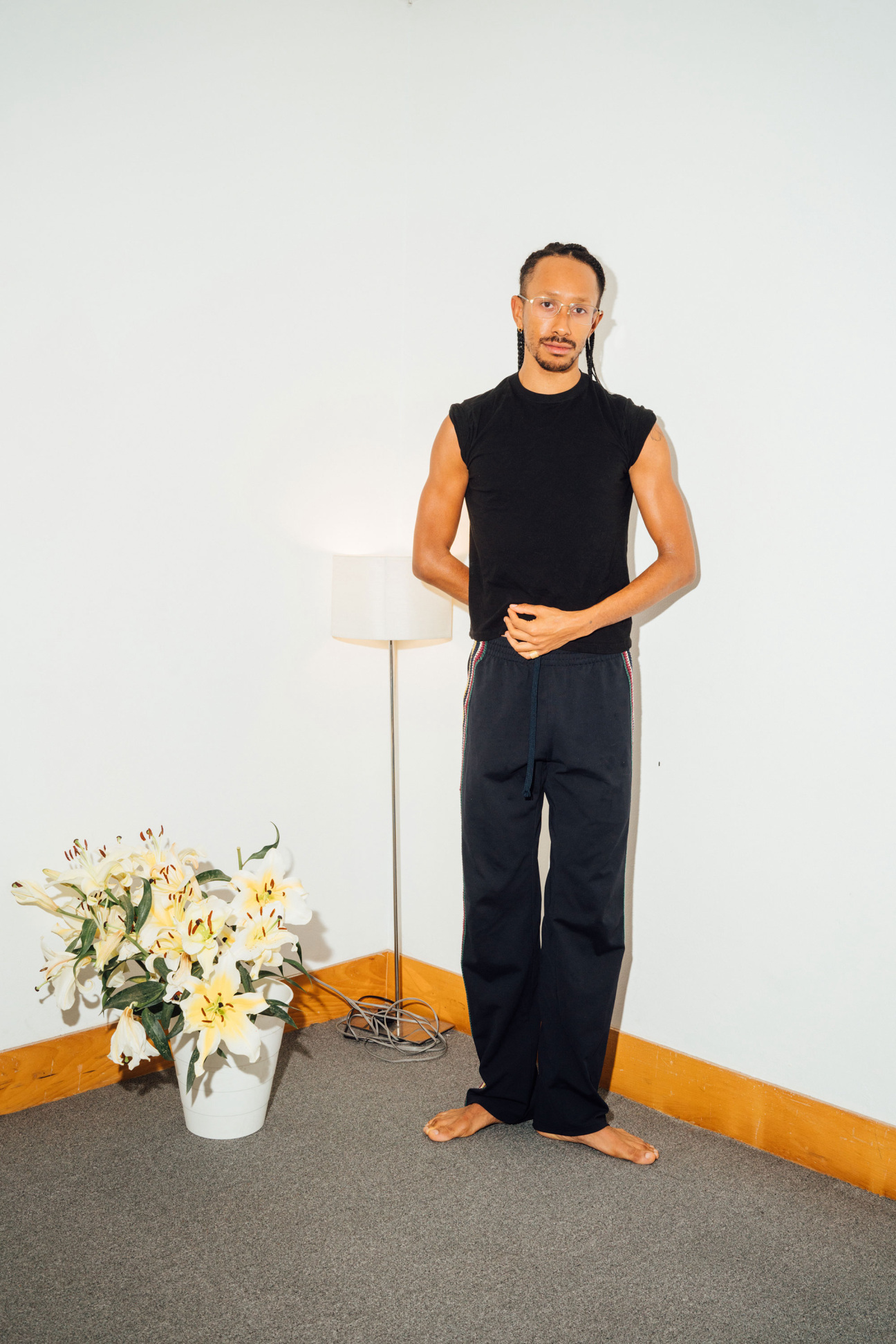
EF: What’s the relationship between your archive and your live work?
MG: The documentation is always an artwork unto itself in my practice. The editing, archiving, reinterpretation and re-staging of documentation are all extensions of the performance for me.
EF: How would you describe the role and responsibility of an audience?
MG: It’s the artist’s job to define the role of the audience, which varies widely from show to show. Individual audience members’ roles may also differ from one another depending on who that is. Whatever the audience’s role is, it should always be in service to the idea. This goes for performance and non-performance-based media. There are always implications to viewership.
EF: What is your preferred pre-performance ritual? What does it do for the show?
MG: Before a show, I eat half a papaya, and after the show, I eat the other half. Papaya digests very well, has lots of enzymes, gives you energy and doesn’t have too much sugar. I also love chewing on ginseng slices, it’s great for focus.
EF: What do you hope to see more of on stage in the near future?
MG: Real blood.

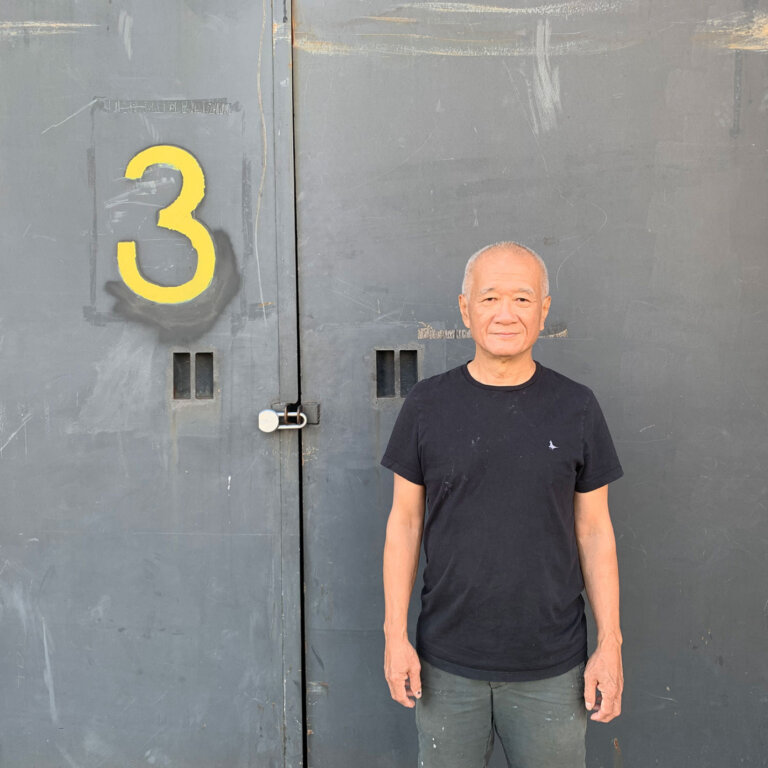
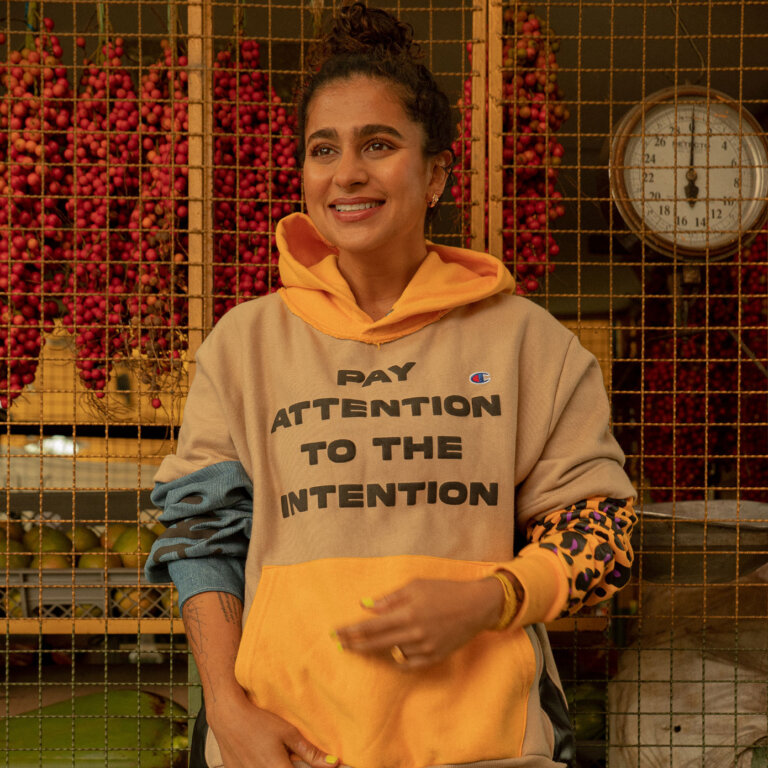
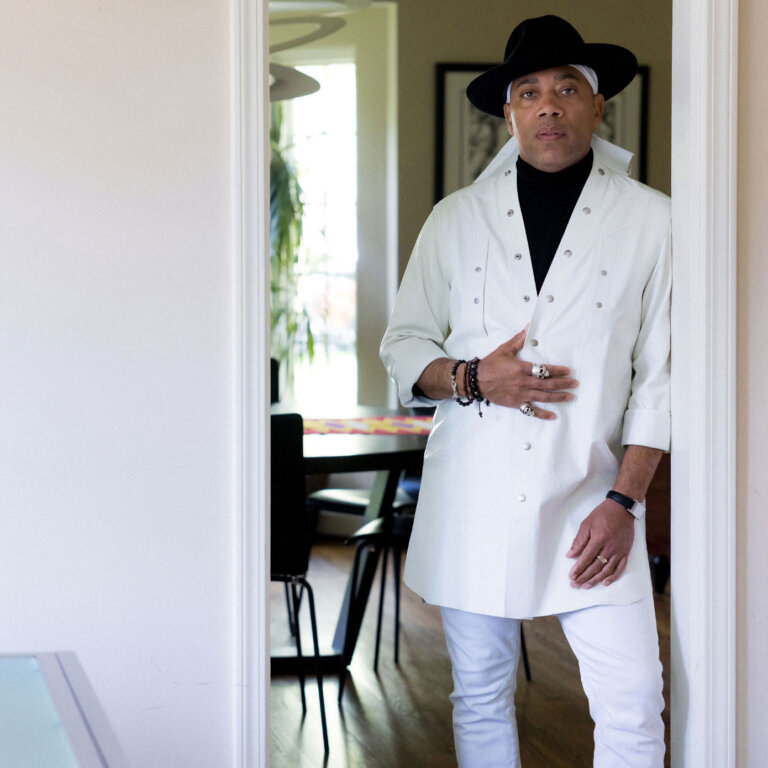
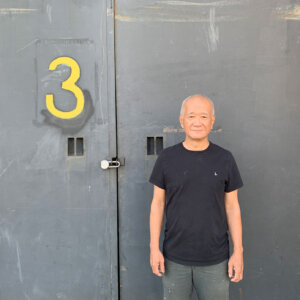
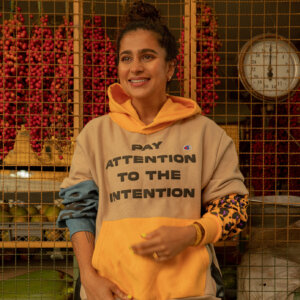
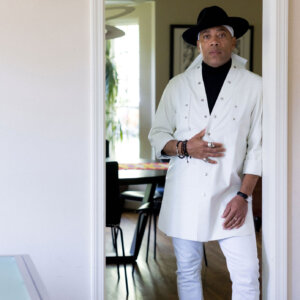



 in your life?
in your life?

